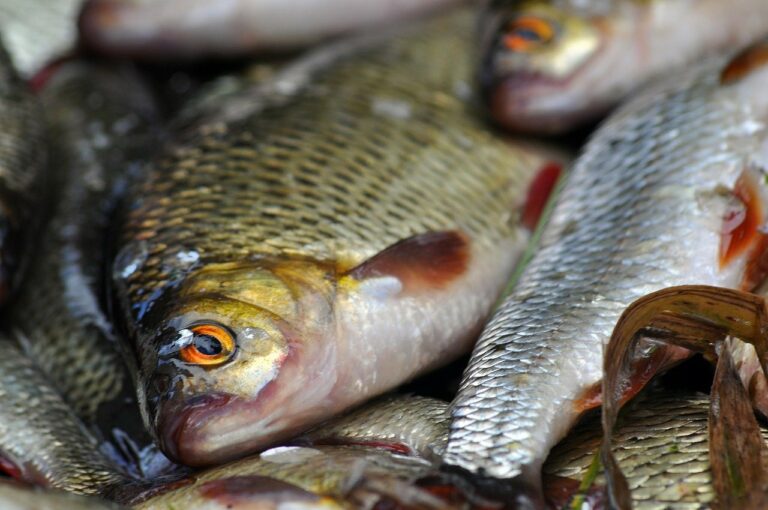Sustainable Seafood: Ethical Consumption Practices
Choosing sustainable seafood is crucial for the health of our oceans and marine ecosystems. By selecting seafood options that are harvested in a sustainable manner, we can help protect marine species from overexploitation and safeguard their natural habitats. Sustainable seafood practices also promote the long-term viability of fishing industries, ensuring that future generations can continue to enjoy the fruits of the sea.
Consumers play a key role in driving demand for sustainable seafood and encouraging seafood suppliers to adhere to responsible fishing practices. When we make informed choices about the seafood we consume, we are supporting the conservation of marine biodiversity and contributing to the overall health of our oceans. By opting for sustainable seafood, we can all play a part in preserving the delicate balance of marine ecosystems for years to come.
• Choosing sustainable seafood helps protect marine species from overexploitation
• Sustainable seafood practices safeguard natural habitats of marine life
• Promoting long-term viability of fishing industries through sustainable practices
• Consumers drive demand for sustainable seafood and encourage responsible fishing
• Informed choices support conservation of marine biodiversity
• Opting for sustainable seafood contributes to the overall health of oceans
• Playing a part in preserving the delicate balance of marine ecosystems
Understanding the Impact of Overfishing on Marine Ecosystems
Overfishing poses a significant threat to marine ecosystems worldwide. When fish populations are depleted beyond sustainable levels, it disrupts the delicate balance of the ocean’s food web. This can lead to cascading effects throughout the ecosystem, impacting not only the fish species targeted but also other marine organisms that rely on them for food and habitat.
Additionally, overfishing can result in the loss of biodiversity as certain species are disproportionately harvested, leading to imbalances in the ecosystem. This can ultimately affect the overall health and resilience of marine ecosystems, making them more vulnerable to environmental pressures such as climate change and pollution. It is crucial to address the issue of overfishing through sustainable practices to ensure the long-term health and viability of our oceans.
How to Identify Sustainable Seafood Options
When it comes to choosing sustainable seafood options, consumers must be aware of the importance of selecting products that have been sourced responsibly and do not harm marine ecosystems. One key factor to consider is looking for seafood that has been certified by reputable organizations such as the Marine Stewardship Council (MSC) or the Aquaculture Stewardship Council (ASC). These certifications indicate that the seafood has been sourced in a sustainable manner, meeting strict criteria for environmental sustainability and responsible fishing practices.
Another important aspect to consider when identifying sustainable seafood options is to look for labels or packaging that provide information on where and how the seafood was caught or farmed. By choosing products that are transparent about their sourcing practices, consumers can make more informed decisions that support sustainable fishing practices. Additionally, seeking out local and seasonal seafood options can also be a good way to ensure that the seafood has been sourced in a sustainable manner that supports local communities and reduces the environmental impact of long-distance transportation.
Why is it important to choose sustainable seafood?
Choosing sustainable seafood helps protect marine ecosystems, supports responsible fishing practices, and ensures the long-term availability of seafood for future generations.
What is the impact of overfishing on marine ecosystems?
Overfishing can lead to the depletion of fish stocks, disrupt the balance of marine ecosystems, and threaten the survival of certain species. It can also have negative effects on other marine life and the environment.
How can I identify sustainable seafood options?
Look for certifications from organizations like the Marine Stewardship Council (MSC) or Seafood Watch, which indicate that the seafood has been sourced sustainably. You can also ask your seafood provider or restaurant about where their seafood comes from and how it was caught or farmed.







